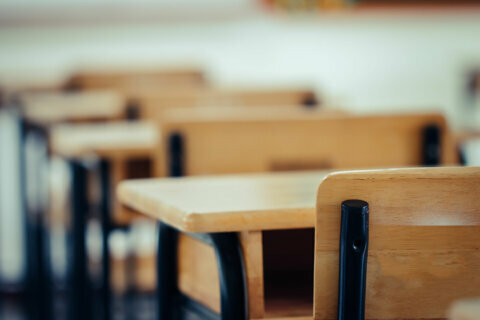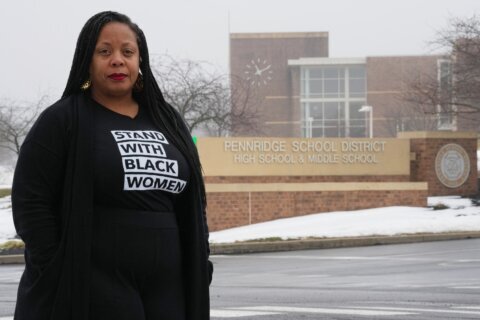A think tank dedicated to investigating education policy in the U.S. and making life better for young people said about a quarter of teenagers feel disconnected from their school community, even with online engagement, during the coronavirus pandemic.
America’s Promise Alliance worked with Boston University’s Center for Promise to survey over 3,000 high school students.
The results came out June 12 in a document called “The State of Young People During COVID-19.”
While more than 75% of students have been attending online classes at least four days each week, most of them are spending less time on learning than they would had they been attending school in person.
About 25% of the students in the survey reported feeling disconnected from classmates, teachers and other adults who serve as mentors as classes have moved online after schools closed throughout the country in March.
About 60% of adults have tried to offer support to students who have been struggling without the engagement of in-person school attendance. Asian students were the largest subgroup in the study that reported feeling that the disruption has hurt their “emotional and cognitive health.”
- Sign up for WTOP alerts
- Latest coronavirus test results in DC, Maryland and Virginia
- Coronavirus FAQ: What you need to know
- Coronavirus resources: Get and give help in DC, Maryland and Virginia
The survey authors said their research shows “young people are experiencing collective trauma fueled by changes in their immediate circumstances combined with ongoing uncertainty.”
The students surveyed were equally distributed between those who lived in cities, suburbs and towns. About 9% considered themselves part of a rural community. About half of the respondents were white, 25% were Hispanic and the remainder were African America, Asian, Native American or multiracial.
The survey was done over a two-week period from late April to early May, 2020.
In addition to the education questions, students reported feeling anxiety related to their health, their family’s finances and being able to meet their basic needs such as having enough food or medicine.
The main takeaway seems to be that beyond helping students maintain their academic progress, communities need to pay attention to the way pandemic’s atmosphere of social distancing has contributed to the anxiety of young people.
Over the summer, beyond just working on academic enrichment, the survey suggests school systems and communities institute check-ins and listening sessions with students.
CBS News contributed to this report.








